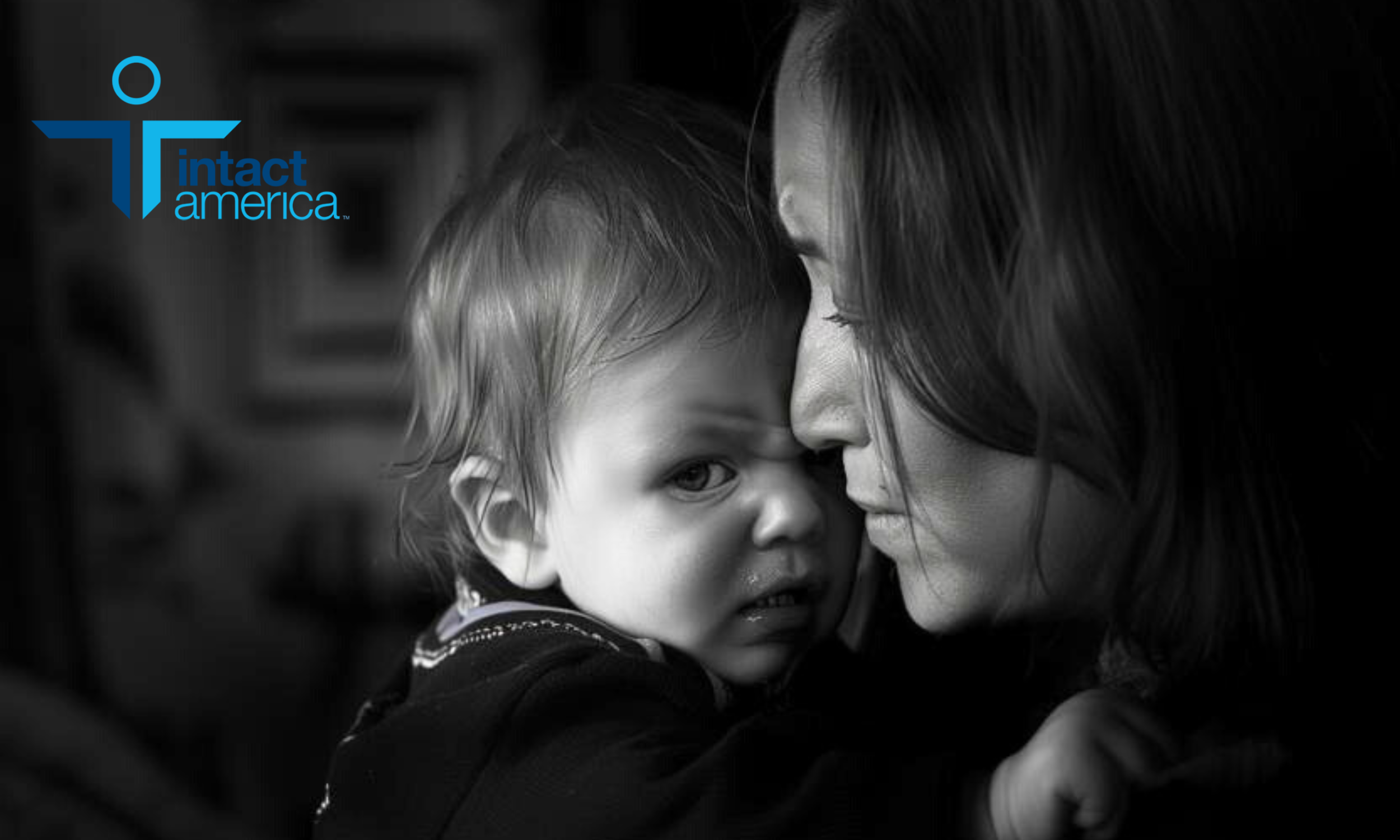
I’ve never actually said, though have thought it many times, how I will never be able to truly explain just how much circumcision has hurt me. Though there be days of respite, not many go by that I do not at some point reflect on: feelings of loss for what I once had but will never know; despair over my powerlessness as a young child, as others made unnecessary choices for my genitals; and hopelessness in realizing so few people will ever listen, whether for me or for the sake of future generations.
To be sure, I now live with it more easily than in years past. I first looked into circumcision at age 13. I recall contemplating giving up sexuality entirely so I could obviate the pain. I soon started practicing foreskin restoration—yet even the slightest hiccup so often led me to give it up. Any difficulties there just magnified the despair. I made many New Year’s resolutions to continue with it, and to this day, a couple decades later, I still have progress to make.
It’s better to be knowledgeable than ignorant though. Over the years I accepted my personal truth and worked to confront my feelings. Reading claims of how wonderful circumcision is made me so angry. Writing things to hand out to prospective parents, classmates, strangers at the mall often left me in tears. I continued trying restoration. All never to hide, never to deny. For my efforts, and I suppose with the passage of time, I indeed live with it all more easily these days.

But the truth and the hurt never truly go away. How possibly could they? Nothing can ever actually undo what was done to me. I will never have the complete, proper penis that I was born with. All my would-be private, intimate moments have forever been touched by others. You cannot fully shake off such things—or, at least, I know not how. Perhaps other people who have dealt with personal violations have found ways to heal. I have not.
In the last several years, I have been on and off with it all. For stretches of time, it can all still be too much, too heavy to actively bear. I have been keeping up with restoration fairly consistently, and I have been reaching out to more people on the subject. And it gives me such joy to see everything that a group like Intact America is doing, knowing that there are people like Georganne Chapin who for decades have been speaking and fighting for men like me.
Ignorant attitudes and beliefs on the subject have to change. A foreskin is not merely just skin. The anatomy is more complicated than that. Circumcision radically alters a penis. Assuming someone circumcised as a boy will grow up happy and content, and failing to consider how hurt they could later feel having had part of their genitals judged as valueless—how presumptuous. This incessant ignoring and denying of the subject causes such hurt and pain. How shameful.
My hope for change is quite muddled. It does seem so hopeless at times; circumcision has persisted for so many decades with so few caring to listen, contemplate or change. I know firsthand how very painful confronting it all can be. For each man like me, there is another, or a parent or a nurse or a doctor, women and men and people of faith. No one touched by circumcision walks away unhurt once they realize the damage and heartache it causes. Here’s to hoping all the pain today will turn to bliss tomorrow when children are spared the same fate
— Darren Olsen
Interested in lending your voice? Send us an email, giving us a brief summary of what you would like to write about, and we will get back to you.





